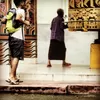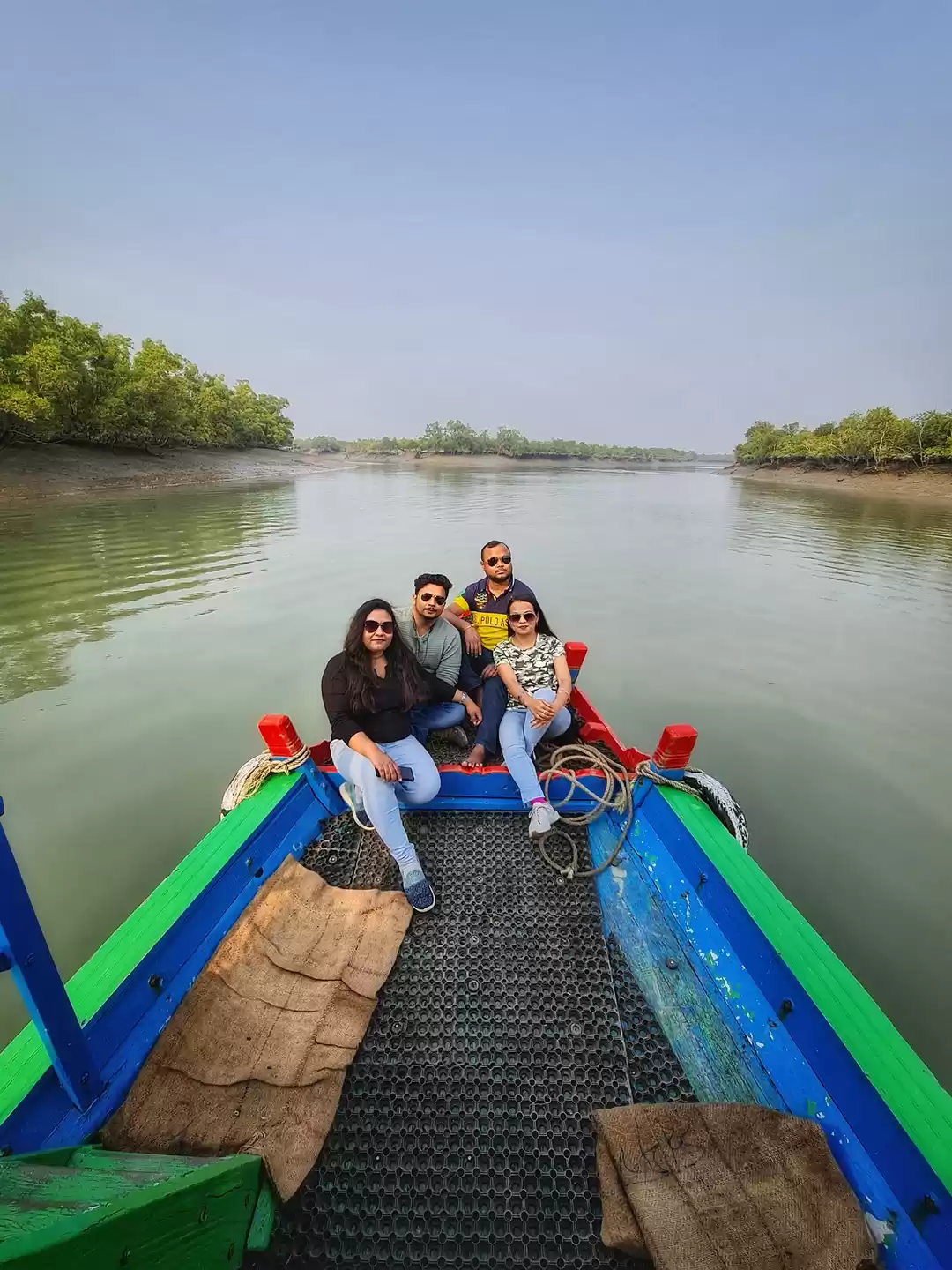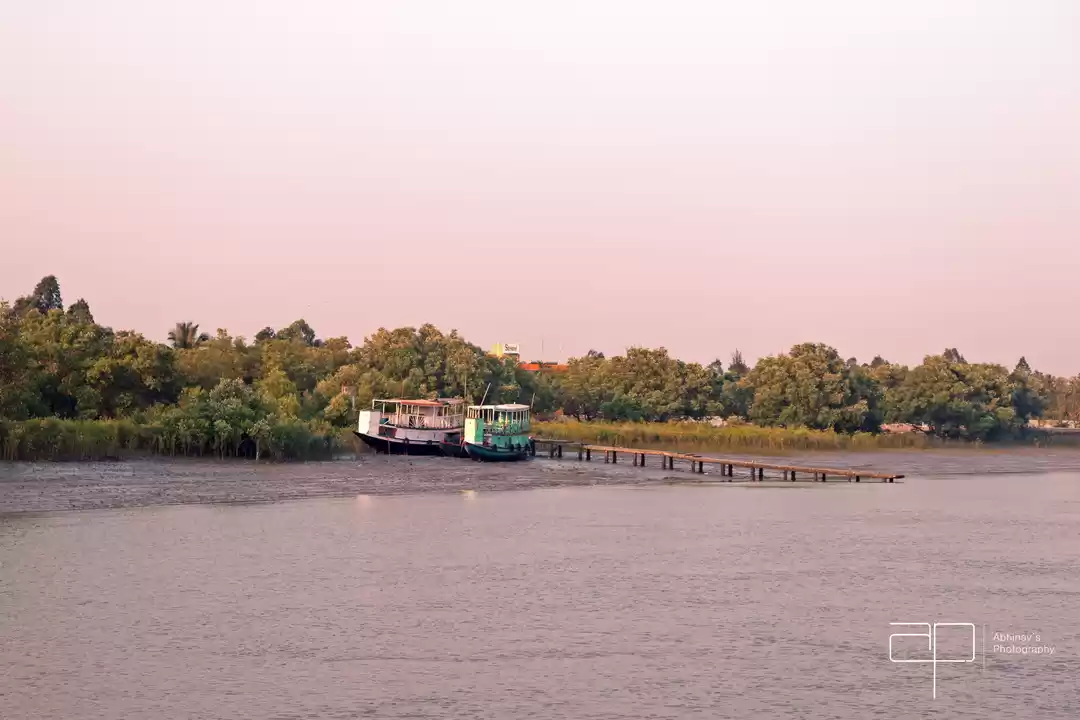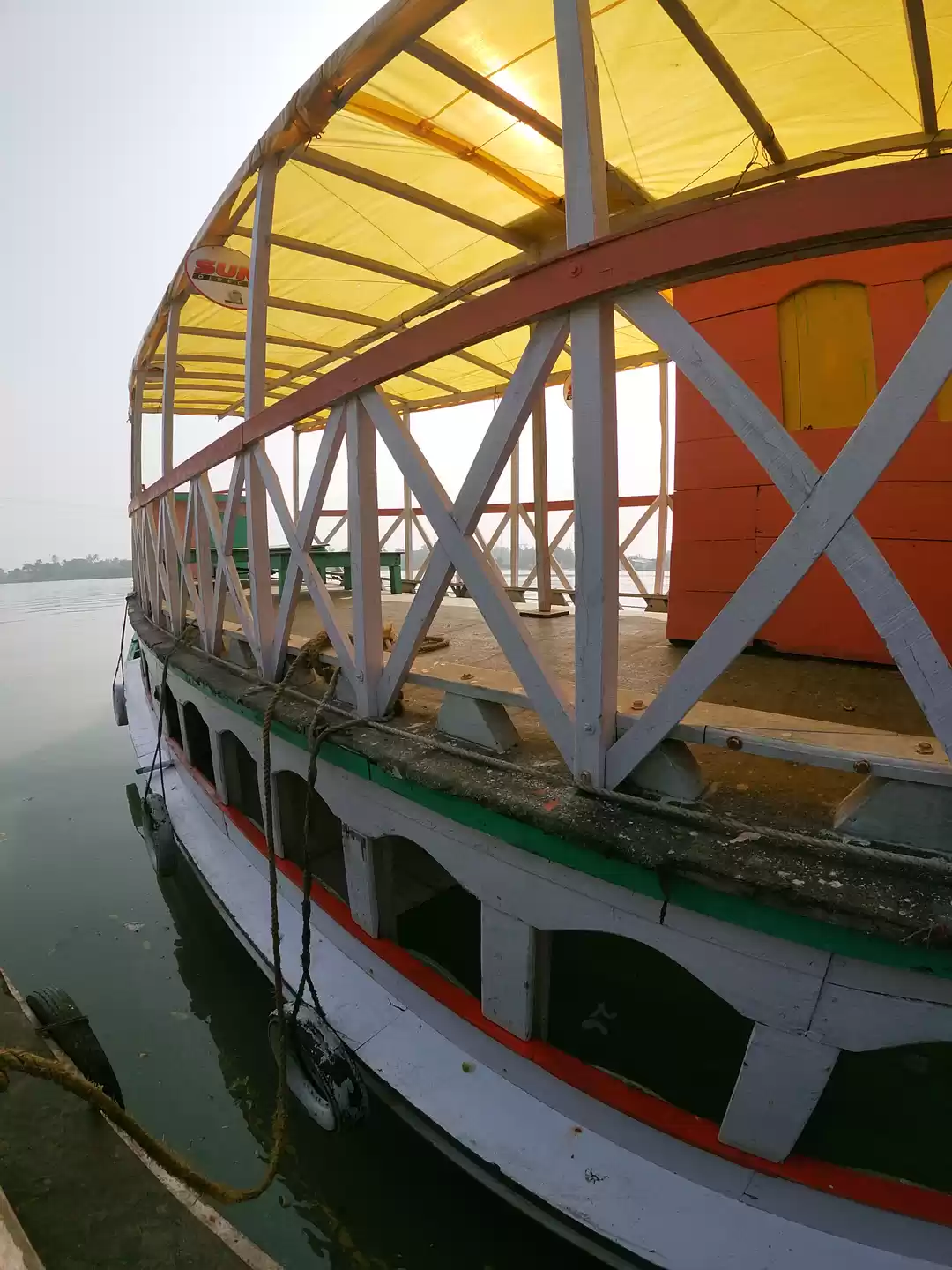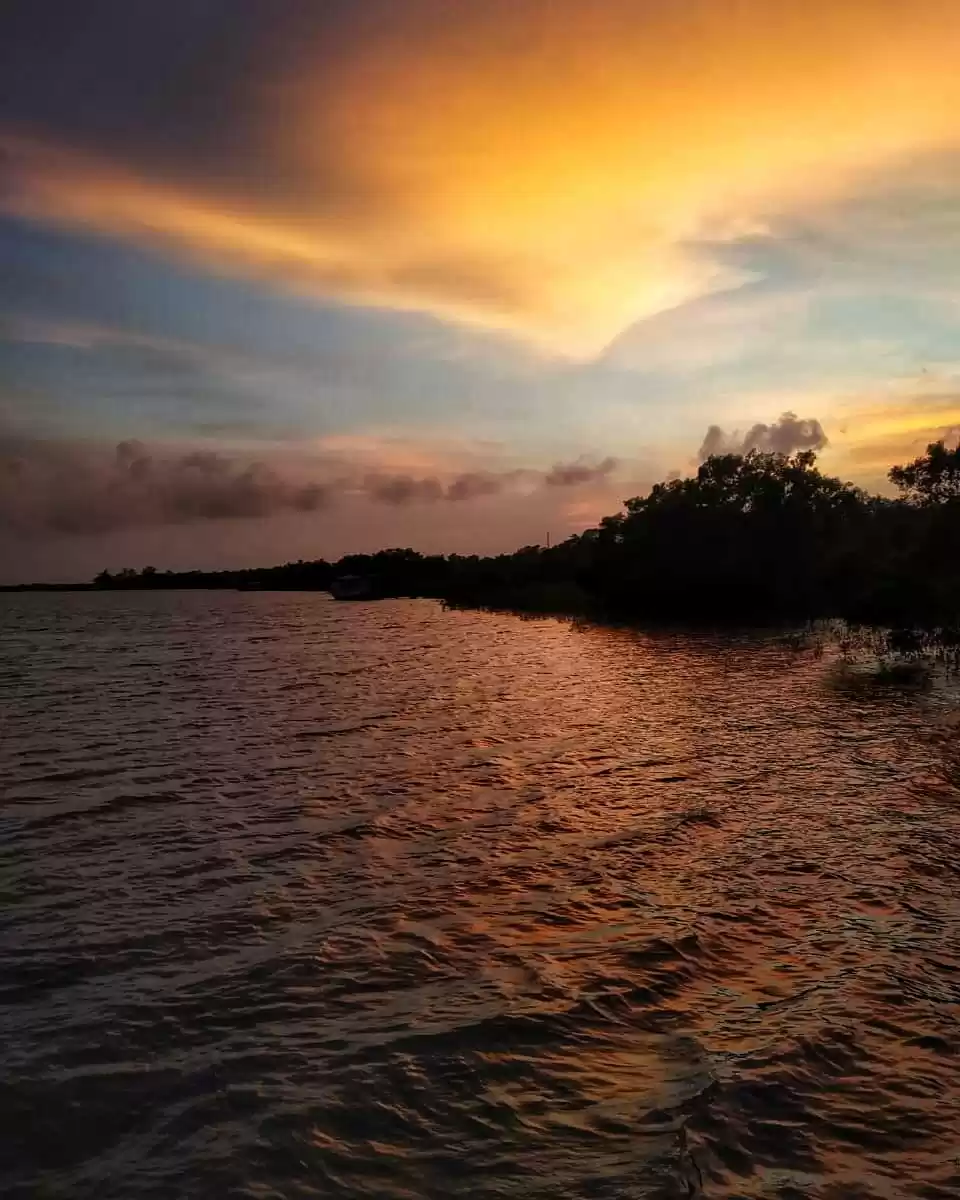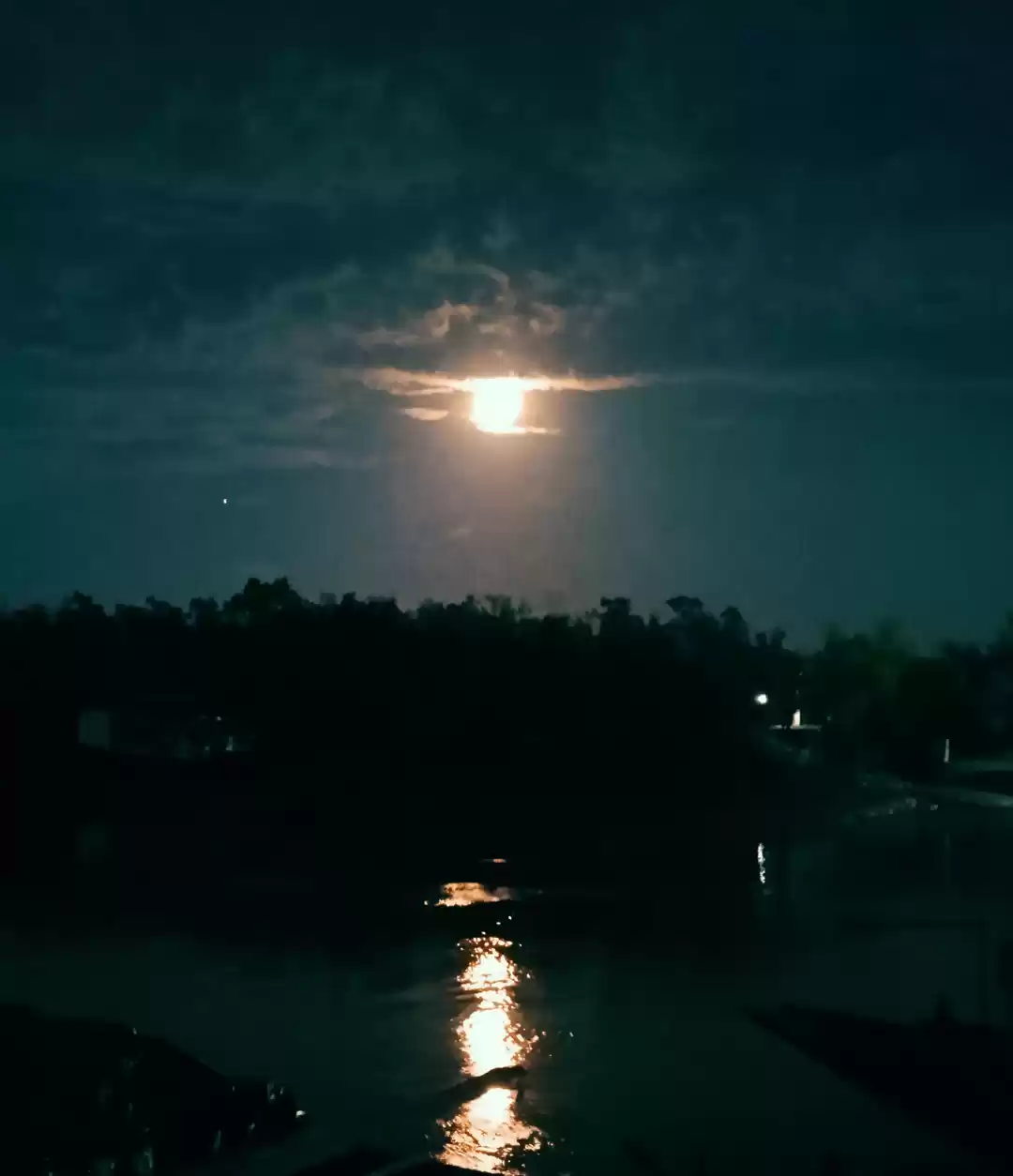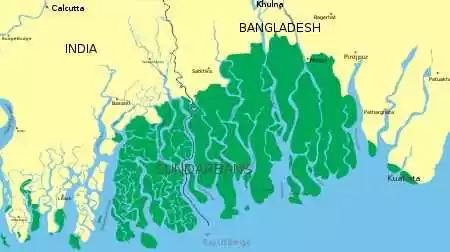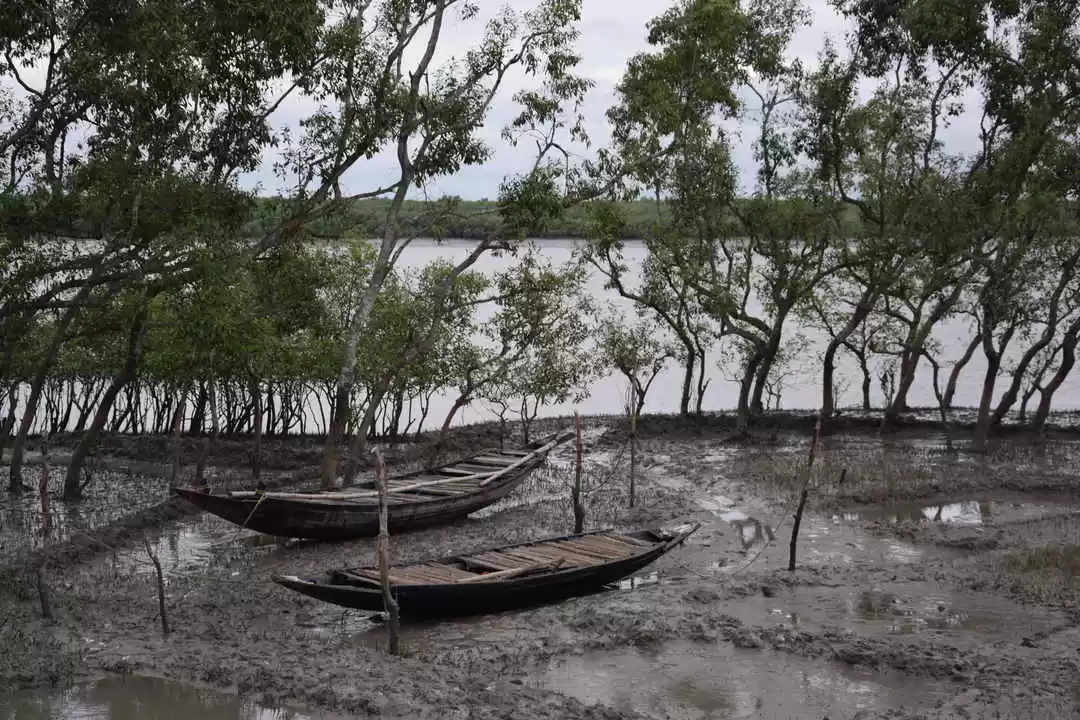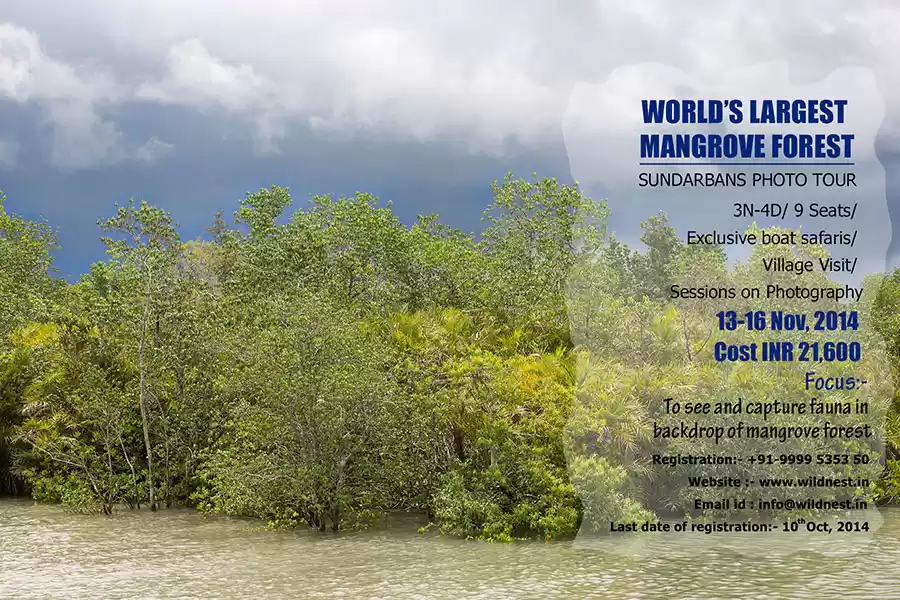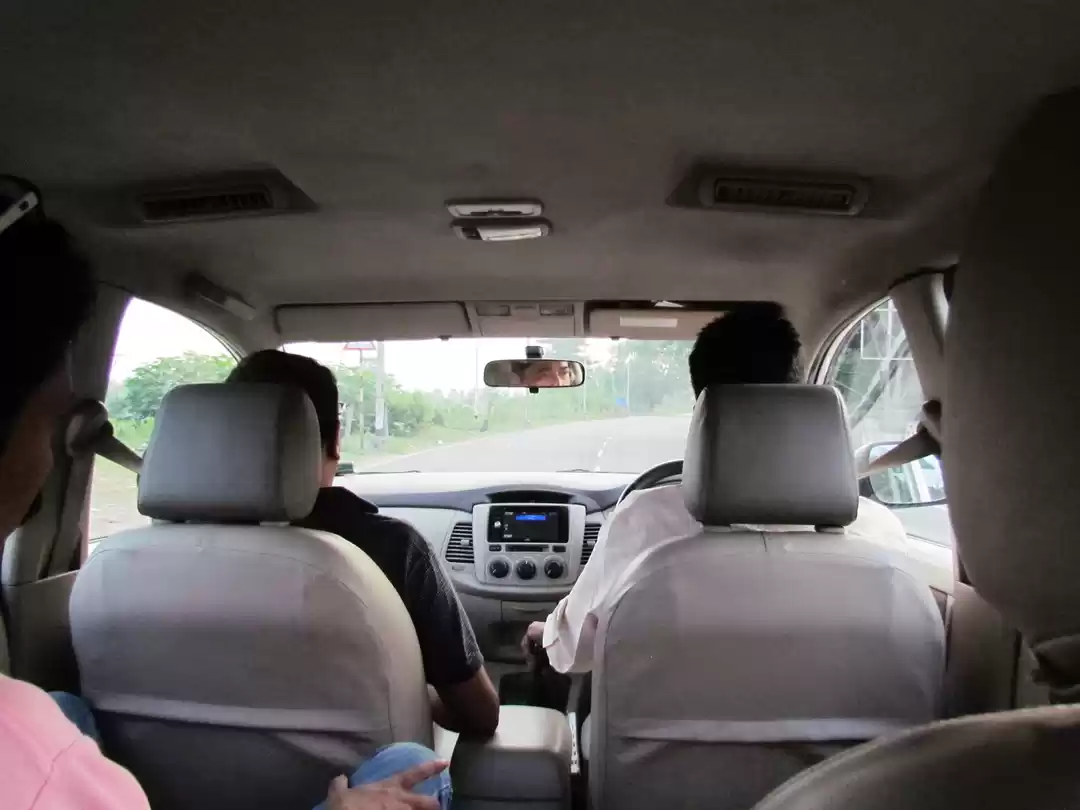
On your ferry, over the river and with lush green abundance on both your sides, you glide in the Royal Bengal residence. Maybe there are one or two specifics about the weekend trip on your mind, with the inevitable “find the jungle cat”. However the residents of this delta have kept quite a lot behind the curtains of tourism, only for you to never find out. As it turns out, the Sundarbans found a side which rebels against its own name.
When I picked the pen up after days of research, I found myself inept to build a premise. A little mood lighting for the readers becomes the last thing when you dig into the problems of, what turned out to be over two thirds of this delta’s population. Literally translated as “beautiful forest”, the Sundarbans derived its name from the Sundari trees, the mangrove species. The name would inevitably go on forever but with all that’s been around this tiger delta, these trees most certainly would not. Over seven and half thousand hectares of forest areas had submerged in the past decade as the rise in sea levels had practically galloped the charts. For the common man, global warming besides being the premise of their child’s science class, is nothing but a myth. His solution to the same is an air condition and a sun-block. In the meantime this delta inhabits a population to whom the solution is deporting and an inevitable homelessness. This ecoregion also incubates mother India’s household problem of overpopulation. The Sundarbans is one of the most densely populated areas of the globe and deforestation becomes the most hands-on solution to sustain this ever-growing livelihood. The mangrove forests are the goldmines when it comes to fuel woods and other natural resources.
The next chapter in this edition of Full Planet and Empty Plates is unemployment. Problems like joblessness and a misbalanced livelihood is usually fostered by illiteracy and poverty. With the helplessness offered at the Sundarbans, one has no choice but to be raised in that foster home. The geography of the place never allowed any technological and industrial investment, resulting the locals to settle with chopping off fuel wood for far off factories, fishing and the seasonal apiculture. Well, apiculture becomes a weak and rather incorrect word when all it involves is collecting honey which may or may not indulge the part where they end up as a jungle cat’s appetizer. Fishermen who collect honey (yes, one job is not enough here) are very well aware of the tigers on prowl, venomous snakes and jaw snapping crocodiles. But to us what sounds like a trip in the death jungle, means a new fishing net or a new woodchopper to them. Even if one honey gatherer is mauled to death by a tiger, the rest of the troop continues on its trip. This is one bonus they cannot afford to lose. With no other jobs on offer, the people have very little option but to carry on with what might make the top five of the world’s most dangerous professions.
The job hunt department of Sundarban took a real hit after the shattering three day cyclone of 2009. What the locals called Aila, was a tropical cyclone and has still left the farmers of this area to drown in its consequences. This catastrophe had practically demolished the livelihood of the locals back when it took its toll over eastern India. Lives were lost, huts were wrecked and people held their breaths for what possibly were the worst seventy two hours of their lives. Some Sufi poet once murmured four precious words on which every college student’s life revolves around. But “this too shall pass”, was not the plan with which Aila barged into the lives of the farmers of the Sundarban delta. The cyclone might had been for three days, but the post Aila salinity to this very day makes sure that farming is the last choice for a Sundarban villager. The adulteration caused by the sand and the salt wrecked the farmlands for years to come and the first cultivation on any patch of land becomes the last. Now since sewing the dead Sufi bloke was not an option, the next generation chose to abandon the lands. Ergo farming in this area became a naive path to trod, eventually stocking the poverty pile of the Sundarbans.
The misery doesn’t even begin to end there. The cyclone fuelled human trafficking at jaw dropping rates as the villagers themselves handed their children away to the agents. Catalyzers like unemployment and poverty left the parents with no other choice. Children were traded away as domestic helps but the money never reached the other end of transaction as most of the time the agents pocketed the money earned from these petty jobs. When the villagers surge the administrators for a day’s meal, they themselves handover the trafficking agents to the families. The immorality of trading one’s own child for a meagre amount of money is the only light they can see at the end of the misery tunnel they lost their way in six years ago.
“There will be no farming, better to go elsewhere”

